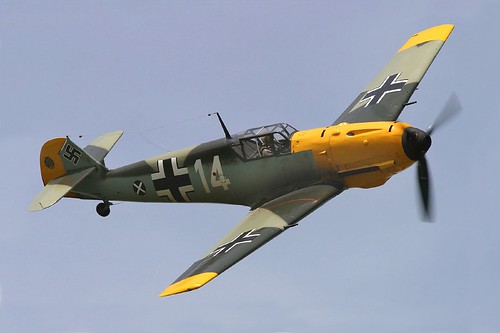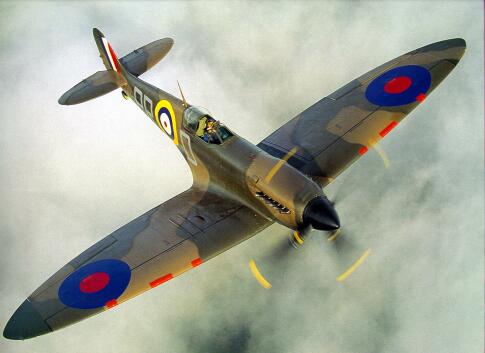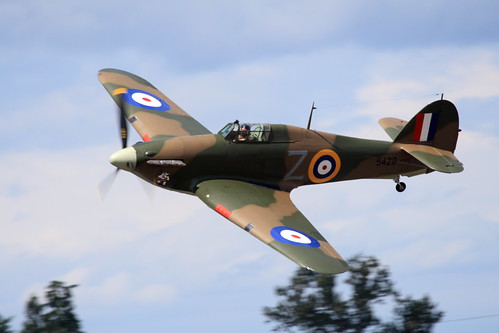On this day, July 8, in 1896 William Jennings Bryan delivered his "Cross of Gold" speech. At the time he was running to become the President of the United States. Although he lost, he was such a good speaker that he was known as the golden-tongued orator. William Bryan went on to run for President two more times, briefly served as the Secretary of State and was a lawyer in the Scopes trial. But he is known in our house for an event that happened much earlier in his life. He was in college and had been courting a young lady and had decided to ask her father if he could marry her. The following is an excerpt from the book "William Jennings Bryan" from the Sowers series, by Robert Allen.
When the big day arrived Bryan faced his future father-in-law in the parlor, armed with that which he knew best, the Proverbs.
"I have been reading," he told Mr. Baird, "where Solomon said in the book of Proverbs that 'whoso findeth a wife, findeth a good thing and obtaineth favor of the Lord.' "
Mr. Baird who had suspected he would be approached for some time and shared his daughter's sense of humor, decided to reply in kind from the Scripture. "Yes, I believe Solomon did say that," he said , trying to look solemn. "But Paul suggests that while he that marrieth doeth well, he that marrieth not doeth better."
William hadn't seen Mr. Baird very often, and wasn't sure of what to think. He trid to come up with another Proverb that would answer Paul but instead remembered a bit of Bible history he thougth he could use to advantage. "Don't you think Solomon would be the better authority on the subject of marriage," he asked Mary's father. "After all Paul was never married, but Solomon had seven hundred wives."
Mr. Baird laughed heartily. "You have me there. If he could have seven hundred wives and still recommend the married state, he must have been the best authority. You have my permission and Mrs. Baird's as well. God bless you, my son."
















